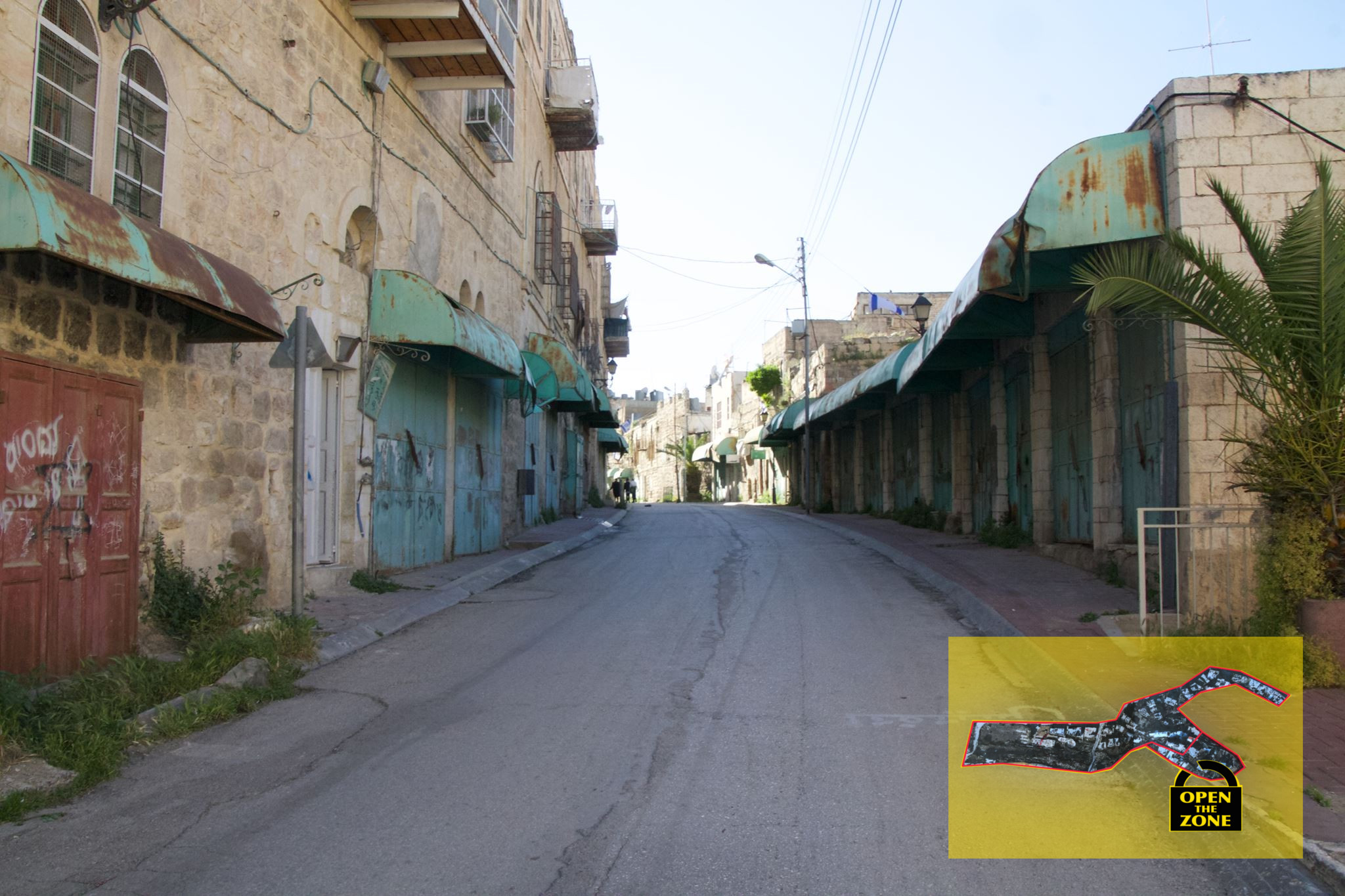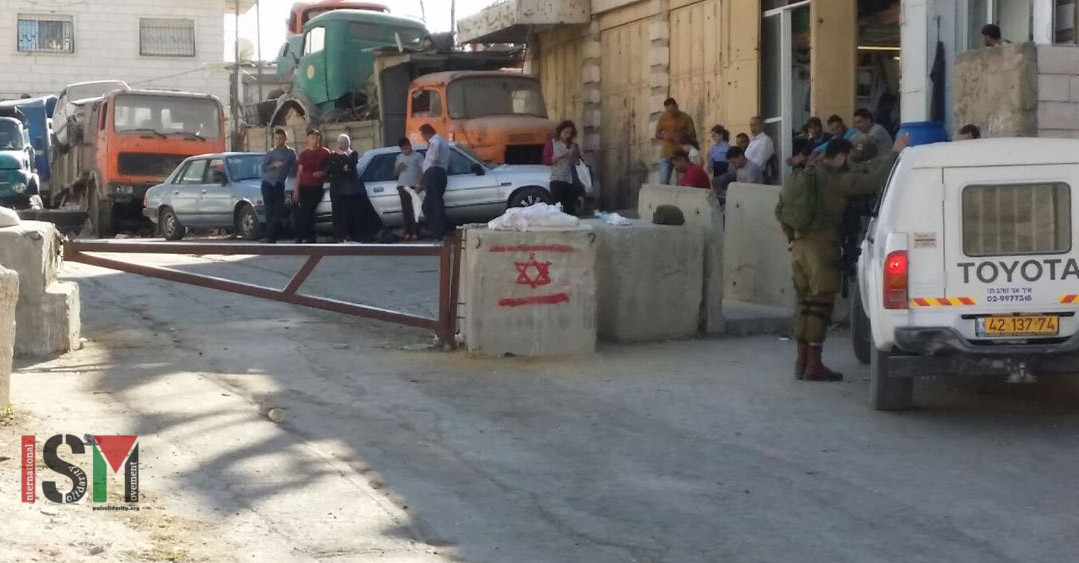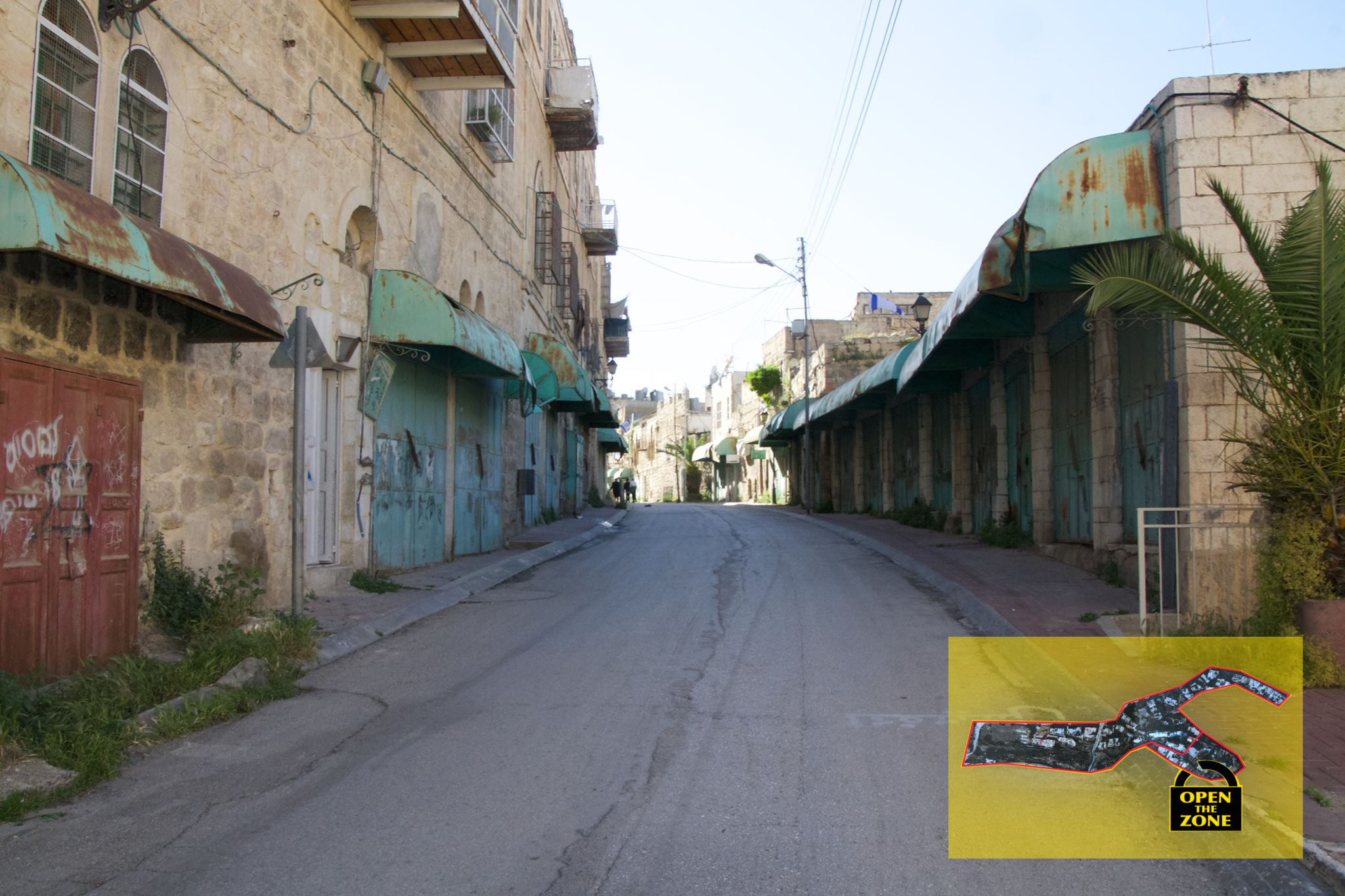Tag: Closed military zone
-
Continuing ethnic cleansing in closed military zone in Hebron
5th October 2016 | International Solidarity Movement, al-Khalil team | Hebron, occupied Palestine Israeli forces in occupied al-Khalil (Hebron) are continuously increasing their efforts of ethnic cleansing in the Tel Rumeida neighborhood. In the area, declared a ‘closed military zone’ for almost a year, Israeli forces do everything imaginable to force the Palestinian population to…
-
The slow creep of ethnic cleansing – closed military zone in Hebron
30th September 2016 | International Solidarity Movement, al-Khalil team | Hebron, occupied Palestine Israeli forces in occupied al-Khalil (Hebron) have further expanded the closed military zone (CMZ), now covering the whole Tel Rumeida neighborhood, while setting up new and enforcing existing checkpoints with increased restrictions. Parts of the Tel Rumeida neighborhood and the tiny strip of Shuhada…
-
Collective punishment in al-Khalil through closed military zone upheld
30th July 2016 | International Solidarity Movement, al-Khalil team | Hebron, occupied Palestine The Tel Rumeida neighborhood and Shuhada Street, in occupied al-Khalil (Hebron) are still declared a ‘closed military zone’ by Israeli forces. This form of racist collective punishment deliberately targeting the Palestinian population, has now been implemented for almost 9 months. The area…



